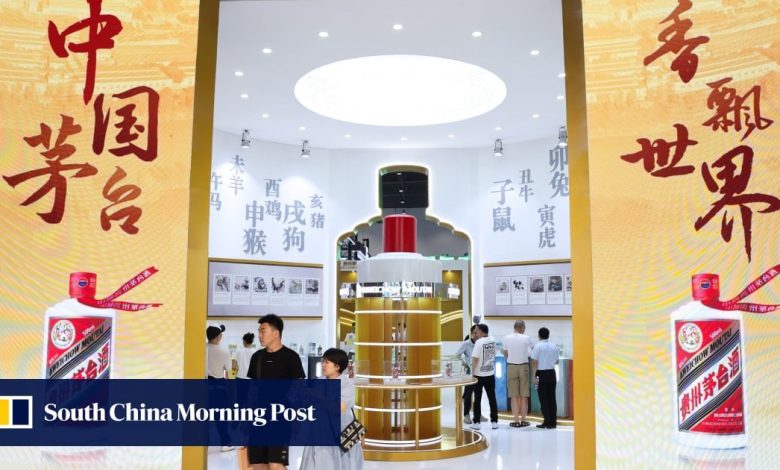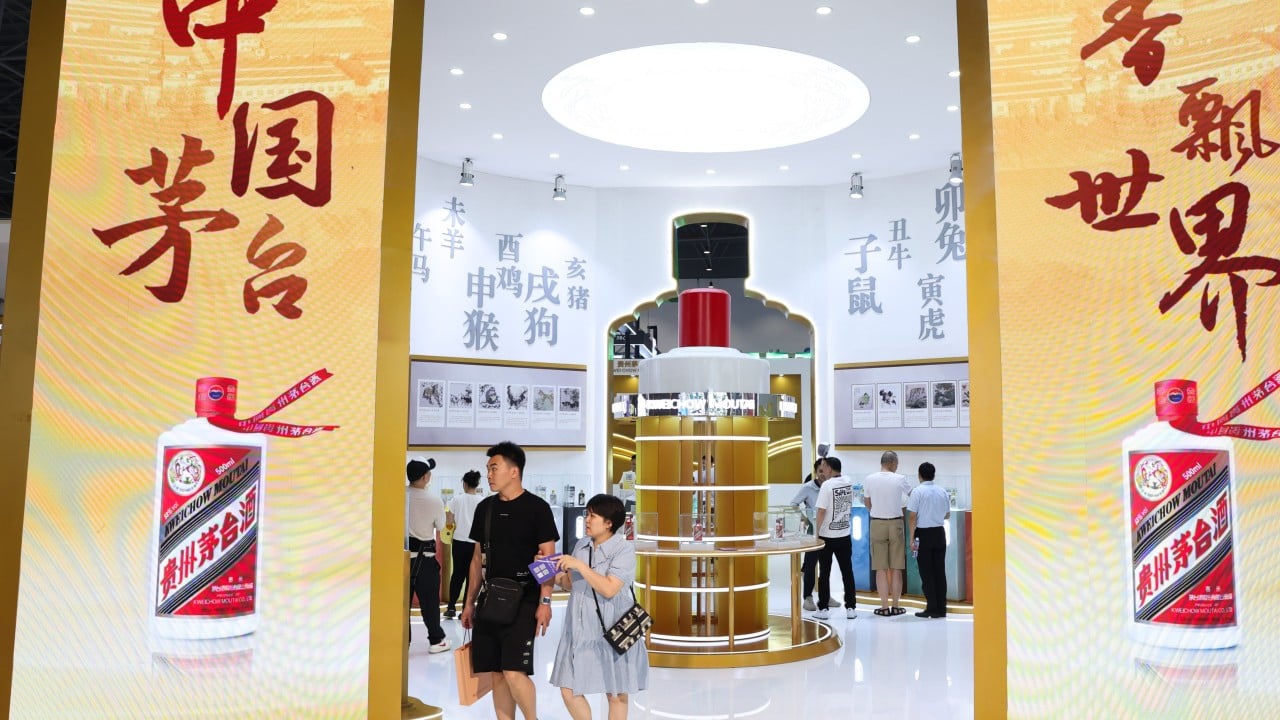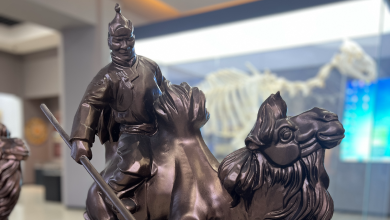UBS takes the spirit out of China’s distillers by downgrading Moutai, other baijiu brands


UBS Group downgraded the ratings on Kweichow Moutai and other Chinese major liquor distillers as capacity expansions and destocking strategies create a supply overhang, at a time when consumer demand is waning in the world’s biggest spirits market.
In a research note, the Swiss bank lowered its recommendation on Kweichow Moutai to neutral from buy and also cut the ratings on Wuliangye Yibin, Luzhou Laojiao and Jiangsu Yanghe Distillery by a notch to neutral.
China’s traditional liquor, or baijiu that is distilled from grains, is battling macro economic headwinds from a sustained property market crisis and the bruising impact of tariff increases from its leading trade partners, it said.
In downgrading the shares of the world’s largest distiller by market value, UBS stands out among major investment banks. Citigroup has maintained a buy rating on the stock since 2016, while HSBC has kept its buy recommendation unchanged since 2018, according to Bloomberg data.
“Insufficient demand is a key issue in China’s economy now,” said Du Zhengzheng, an analyst at China Development Bank Securities in Beijing. “With the expectations for demand low, more policy support will be needed to be put into implementation in the future.”
Shares of Kweichow Moutai, which is valued at 1.72 trillion yuan (US$237 billion) as the fourth most valuable company on the mainland’s exchanges, slid 2.4 per cent to 1,364.50 yuan in Shanghai on Tuesday, heading for its lowest close since October 2022. Wuliangye and Luzhou Laojiao lost over 1 per cent.
In a bearish scenario where the key players in the liquor industry fail to rein in supply, wholesale prices of Kweichow Moutai’s products may fall by another 50 per cent next year before stabilising in 2026, while Wuliangye’s product prices will probably drop by another 17 per cent, UBS said.
While the six biggest baijiu distillers have increased output by 37 per cent since 2023, the key consumption demographic of males aged between 30 and 59 will decrease, reducing sales by 13 per cent through 2025, according to UBS.
The combined effect of these changes will pressure margins, pushing the compound annual profit growth rate for key distillers to 8 per cent during the 2023-2025 period, down from the pace of 19 per cent registered between 2020 and 2023, UBS said.
Kweichow Moutai is due to release its interim report next week. Profit for the first quarter has likely increased 16 per cent from a year earlier, according to analysts’ estimates.





